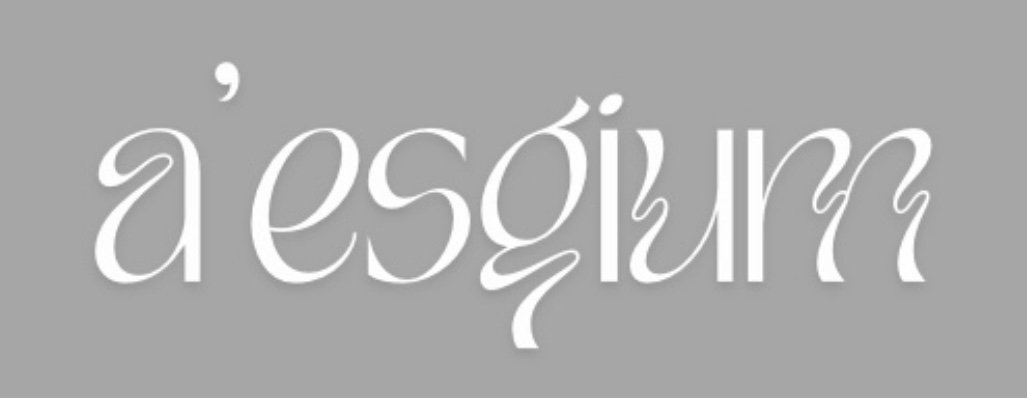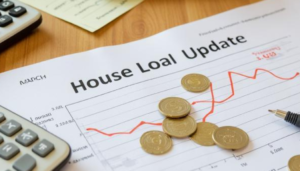The outlook for France’s real estate crowdfunding sector is gloomier than ever in 2025, as project delays and platform closures cast a shadow over what was once a booming alternative investment market.
One in Four Projects in Serious Arrears
According to the latest Forvis Mazars barometer, a staggering 20-25% of real estate projects financed via crowdfunding in the first half of 2025 are more than six months behind on repayments. An additional 8-10% are in arrears for less than six months, and worryingly, up to 15% of projects are already subject to insolvency proceedings. Permanent losses now afflict 4-6% of projects—compared to only 2-4% a year ago and almost negligible levels in 2023.
With “healthy” projects now a minority, investors are rightfully concerned about the risk levels associated with real estate crowdfunding on French soil.
Drop in Funded Amounts and Projects
The sector’s troubles are further reflected in tumbling numbers. The amount financed through real estate crowdfunding fell by 15% in the first half of 2025 compared to the first half of 2024, hitting just €388.2 million for 468 projects versus €459 million and 536 projects a year earlier.
This decline is not uniform, however. While several new platforms report growth thanks to a rush of discounted opportunities, established players are suffering, with many unable to weather the storm of mounting defaults and decreasing inflows.
High Returns, Higher Risks
The average gross return sits at 10.9%, but this risk premium is now being questioned as platform default and payment delays multiply. In fact, the French Financial Markets Authority (AMF) reported a threefold increase in mediation requests related to real estate crowdfunding in 2024—reflecting the turbulence investors have faced.
Snowball Effect Worsens Sector Crisis
Unfortunately, the situation is compounding: project leaders’ defaults have led to increased platform risks, as crowdfunding sites—reliant on investor inflows—must now shoulder additional costs for recovering debts and managing defaults. This has led to the downfall of historic players like Koregraph, which entered judicial liquidation in April 2025. Of its 198 projects, only half were deemed healthy by the time it closed, stripping the platform of its AMF approval and leaving investors with little recourse.
Bondholder associations are now stepping in to defend savers’ interests and help them regain some control over their investments.
No Quick Recovery in Sight
With France’s new housing market still in crisis and unresolved files from 2020-2022 piling up, the sector’s recovery is nowhere on the horizon. For both investors and platforms, the risks in #France’s real estate crowdfunding have never been higher, even as the promised returns remain tantalizing on paper. Prospective investors are urged to exercise extreme caution and to consider the severe and growing risk premium before committing capital.
Key Takeaways:
- 20-25% of French real estate crowdfunding projects are over six months late on repayments
- Project defaults and insolvencies are at record highs for the sector
- Platform closures and decreased inflows signal ongoing structural distress
- Investors face significant risks, despite historically high average returns
For anyone navigating the France home loan interest rate or property investment landscape, these developments underline the need for solid due diligence, diversification, and perhaps a reevaluation of risk appetite in today’s market.









